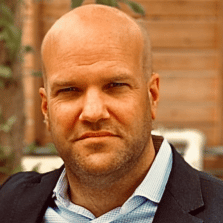
OBSESSIVE COMPULSIVE DISORDER DISORDER COMPULSIVE OBSESSIVE COMPULSIVE DISORDER OBSESSIVE

Seeking treatment? Questions?
Get 24/7 confidential help now:
Or Receive A Call:
Last Medically Reviewed 15 November 2022
OBSESSIVE COMPULSIVE DISORDER
Obsessive-compulsive disorder is a mental and behavioral health disorder that can last for several years, or be lifelong. People who suffer from obsessive-compulsive disorder (OCD) may exhibit obsessive thoughts and desires or compulsive, repeated activities. OCD is frequently found in individuals who already suffer from anxiety disorders, depression, attention-deficit hyperactivity disorder, drug addiction, and some types of personality disorders.
WHAT IS
OBSESSIVE COMPULSIVE DISORDER?
Obsessive-compulsive disorder is a form of mental illness that can be difficult to treat and control. OCD impacts every element of the sufferer’s everyday life, including employment, education, and relationships.
Individuals who suffer from OCD may exhibit obsessive thoughts and desires or compulsive, repeated behaviors. It is very rare for someone with OCD to experience both obsessive thoughts and compulsive behavior. The reality of living with OCD is far more complex than the widespread belief that the condition is characterized by repetitive hand washing or double-checking door locks.
Obsessive-compulsive disorder can be a debilitating mental illness to live with, making everyday living very difficult and sometimes impossible.
SYMPTOMS OF
OBSESSIVE COMPULSIVE DISORDER
Many people with OCD are aware that their thoughts and actions are illogical. They may not want to check the locks and stove every few minutes or spend hours tidying the pantry.
However, they are completely unable to stop themselves from these behaviors.
Obsessions and compulsions associated with OCD can entail a wide range of thoughts and actions, including the following:
- Fear of germs or dirt
- Frequent, repeated, and repetitive handwashing
- Obsessive thoughts about getting hurt, or a loved one getting hurt
- Performing tasks in a particular order, and a specific number of times
- Needing objects and items to be arranged in a very specific way
- Believing that some numbers or colors are evil
- Strange superstitions or rituals
- Continuous awareness of blinking, breathing, or other physical sensations
- Suspicion that a partner is unfaithful without evidence
- Checking that a door is closed or that lights and ovens are turned off, repeatedly
- Fear of using public restrooms, touching doorknobs, or shaking hands
WHAT CAUSES
OBSESSIVE COMPULSIVE DISORDER
As with most mental diseases, there is no proven cause of OCD. However, some supportive elements have been identified as possible causes. Obsessive-compulsive disorder is somewhat more prevalent in women than men, and symptoms often begin in adolescence or early adulthood. A stressful or traumatic life might exacerbate symptoms.
Individuals who have a parent, sibling, or another family member with OCD are more prone to develop the illness. While it has been established that the condition has a hereditary component, this does not mean that it will affect all family members.
Many people with OCD are also prone to experiencing bouts of depression or anxiety. Additionally, obsessive compulsive disorder is more prevalent among those who have suffered emotional trauma or who have a history of physical or sexual abuse.
TREATMENTS FOR
OBSESSIVE COMPULSIVE DISORDER
While some people see results more quickly with treatment, other more severe cases may require lifelong treatment. When more severe OCD symptoms are present, a period of OCD residential treatment may be required, followed by outpatient treatment.
Although there is no cure for OCD, the right treatment can help to manage symptoms and improve quality of life. Psychotherapy is the recommended treatment option for people with OCD. There are many effective forms of psychotherapy that have proven successful in managing the symptoms of OCD and related disorders, which include:
SYSTEMIC DESENSITIZATION
Systematic desensitization is a process that involves gradually exposing the patient to stimuli that they would normally avoid. For OCD patients, the therapist may expose them to an unclean environment or to a cluttered drawer. This procedure is reserved for people whose symptoms manifest in obsessive cleaning or organization.The purpose of systematic desensitization is to gradually increase the client’s exposure to anxiety-inducing situations and, finally, to lower the amount of anxiety they experience when exposed to these triggers.
RATIONAL EMOTIVE BEHAVIOR THERAPY (REBT)
The initial stage of REBT is to recognize the irrational ideas, feelings, and beliefs that contribute to stress. When a person holds themselves to a high or nearly impossible standard, practically any circumstance might result in disappointment, regret, guilt, and anxiety. Even when the patient has recognized the issue that is creating these thoughts, altering the ideas can be extremely difficult. REBT uses cognitive therapy methods in order to help the patient respond more positively to difficult situations, and their idea of themselves.
GROUP THERAPY
Due to the social support system that group therapy provides, it is an effective form of OCD treatment. Much of the patient’s difficulty with OCD is due to their sense of isolation as a result of their disease. Group therapy teaches the patient that they are not alone in their struggles and that other people understand. The group members help each other with new coping strategies. By participating in group therapy, patients may get inspiration and motivation from their peers.
COGNITIVE BEHAVIORAL THERAPY
Cognitive Behavioral Therapy (CBT) for OCD teaches the patient that their brain is creating false information, which results in their irrational behavior. CBT teaches the patient to identify and respond to these messages in new ways, rather than via obsessive thoughts and compulsive behavior. CBT is an effective treatment that helps a patient to develop the ability to regulate obsessive and compulsive behaviors.
PSYCHOEDUCATION THERAPY
Psychoeducation is intended to assist patients in understanding their mental illness. If the patient is educated on their mental illness, the challenges they face, and how they can manage symptoms, they are better equipped to complete treatment. Psychoeducational therapy enables people with OCD to confront their challenges and gain a sense of control over their illness.
MEDICATION MANAGEMENT
Some types of medication may be used in obsessive compulsive disorder treatment. The most commonly prescribed medication for OCD are antidepressants. If the patient does not respond well to antidepressants or needs help with other symptoms, they may be prescribed alternative types of medication, such as benzodiazepines for anxiety.
EXPOSURE AND RESPONSE PREVENTION (ERP)
ERP is a type of cognitive-behavioral therapy. As implied by the term, the therapist may progressively expose the patient to objects that cause them anxiety. After responding naturally to certain triggers, patients are taught new ways to respond to them. ERP can be administered one-on-one or in group treatment with other people who struggle with OCD.
TREATING OCD AND
CO-OCCURING SUBSTANCE ABUSE
It is common for someone with OCD to abuse drugs or alcohol. They may feel isolated due to their fear of leaving the house, which can lead them to drink and soothe their loneliness. They can also abuse sleeping tablets and benzodiazepines, to calm their anxiety symptoms. This drug and alcohol misuse can quickly lead to addiction. A person with OCD must seek help for their drug or alcohol addiction before they try to treat their OCD. Often, inpatient treatment is required.
As part of the intensive residential treatment program, the patient will undergo medical detox in order to wean themselves entirely off the substance they are addicted to. Once the patient has been weaned off the substance, they can begin intensive treatment. As part of the residential program, the patient will undergo therapy in a supportive environment that addresses both their addiction and OCD.
GET HELP FOR
OCD TODAY
If you or a loved one have obsessive compulsive disorder or suspect that you are suffering from some form of mental illness, we can help. Psyclarity Health has some of the best OCD treatment centers in the country.
At each Psyclarity Health facility, our multidisciplinary team of experts is able to create individualized treatment plans that will help you manage your OCD symptoms and any co-occurring disorders. We also specialize in treating a range of mental health and mood disorders.
Contact us today to learn more about our comprehensive, cutting-edge treatment programs and let us help you find the right Psyclarity Health OCD treatment center near you.
MAKE THE CALL
Don’t go through the process of recovery alone.
There are people who can help you with the struggle you’re facing. Get in touch with one today.
Call Now: 855-924-5350
GET THE CALL
Enter your phone number below to request a call from a treatment professional.







